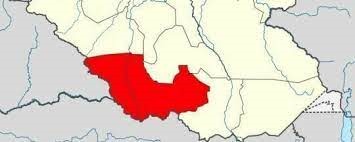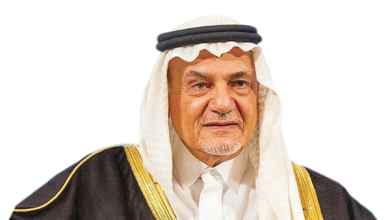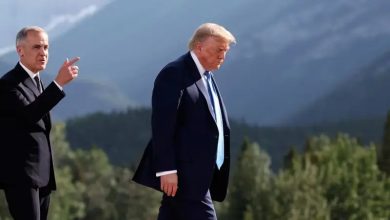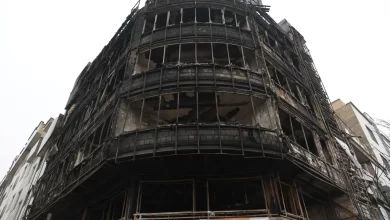Five New Counties in South Sudan Benefit from the “Shabaka Meisha”

Sudan Events – Agencies
The Government of the Republic of South Sudan through the Ministry of Agriculture and Food Security in collaboration with the Ministry of Gender, Child and Social Welfare extends the World Bank-funded Productive Safety Net for Socio-economic Opportunities Project (SNSOP), which has been popularly named as ‘Shabaka Meisha’, to five new counties across South Sudan. These include Mundri West, Pochalla, Aweil West, Maban, and Pariang, which increases the outreach of Shabaka Meisha to 15 selected counties. The former 10 counties where the project has already been launched are Juba, Kapoeta East, Tonj South, Torit, Bor, Pibor, Gogrial West, Raja, Melut, and Yei.
Shabaka Meisha is a US$129 million World Bank-funded four-year project implemented by the Government of the Republic of South Sudan through the Ministry of Agriculture and Food Security (MAFS) and the Ministry of Gender, Child, and Social Welfare (MGCSW), with the implementation support of United Nations Office for Project Services (UNOPS). The project will benefit more than 96,000 vulnerable households, including refugees and host communities, in target counties through cash transfers and income-generating livelihood opportunities, while also strengthening the effectiveness of the national safety net delivery system.
The official launch of the project in Mundri West, Western Equatoria is being presided over today i.e. 7 March 2024 by National Minister of Gender, Child and Social Welfare, Honorable Aya Benjamin Libo Warille.
Honorable Minister of Gender, Child and Social Welfare, Aya Benjamin Warille, was joined from Juba by high-level dignitaries from the Ministry of Agriculture and Food Security along with two members of the Transitional National parliament representing Mundri West County in Western Equatoria State as well as the Programme Coordinator from UNOPS.
“I am excited to inaugurate Shabaka Meisha in Mundri West. The project will have a strong gender focus to tackle gender gaps and enhance women’s empowerment by ensuring that 65% of the targeted project beneficiaries are women. Activities under the complementary social measures targeted at mothers and female caregivers will also equip female beneficiaries with the necessary knowledge and capacity to make better decisions on WASH, nutrition practices, and early childhood support.
The project was officially launched in August 2023 at the national level in Juba and builds on the successes and lessons of World Bank-supported predecessor projects, including the Safety Net and Skills Development Project (SNSDP) and South Sudan Safety Net Project (SSSNP).
Shabaka Meisha will provide cash assistance to poor and vulnerable households to meet immediate consumption gaps and build resilience to withstand future shocks. Targeted beneficiaries will participate in climate-smart Labor-Intensive Public Works (LIPW) or in behavioral change communications training that aims to promote human capital development. The project will also sensitize and train households on Financial Literacy, Water Sanitation, and Hygiene (WASH), and Early Childhood Development (ECD) helping to improve their overall well-being.



